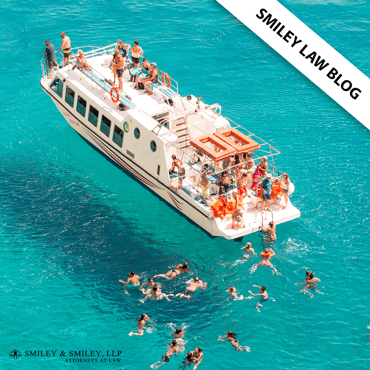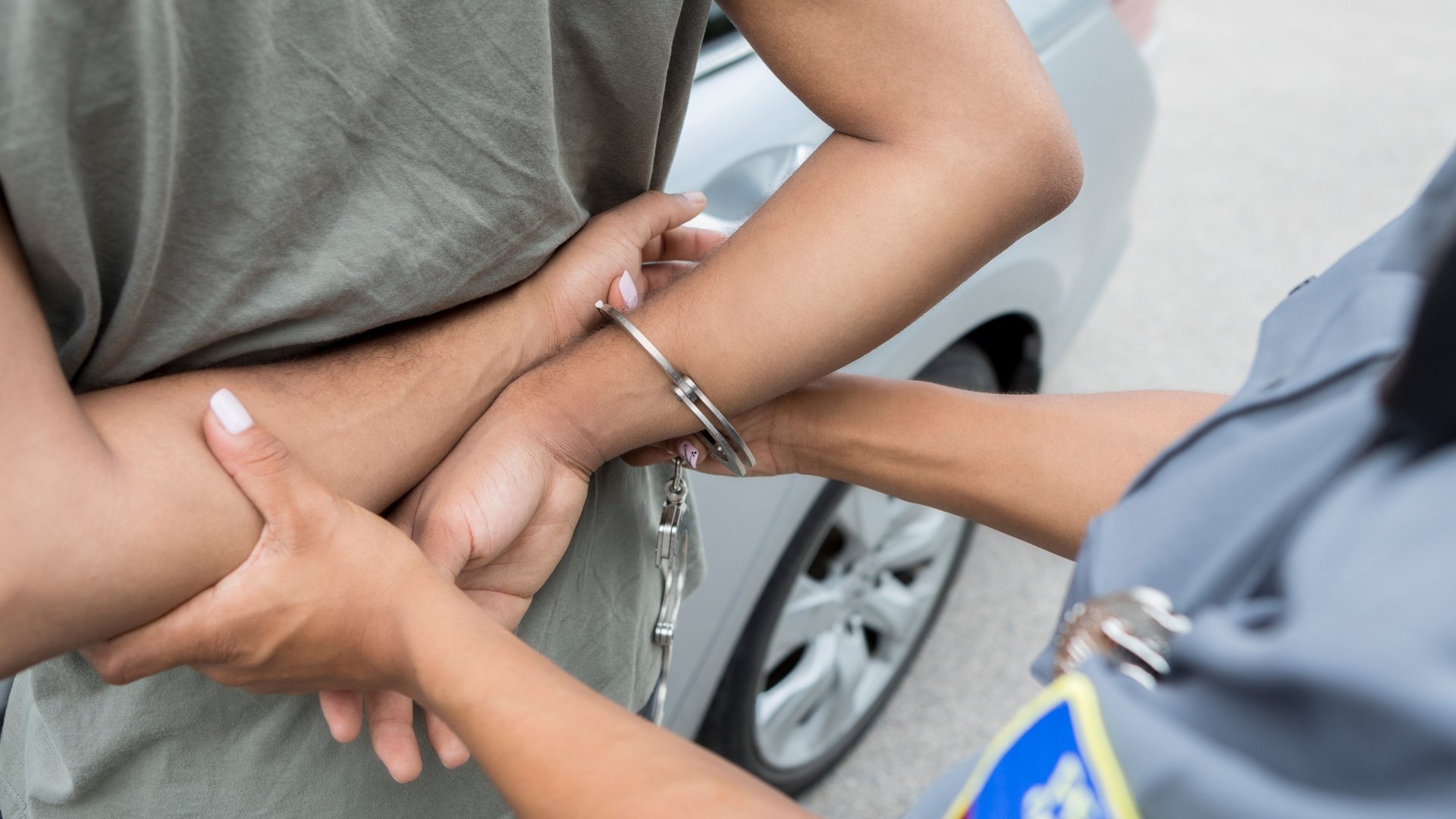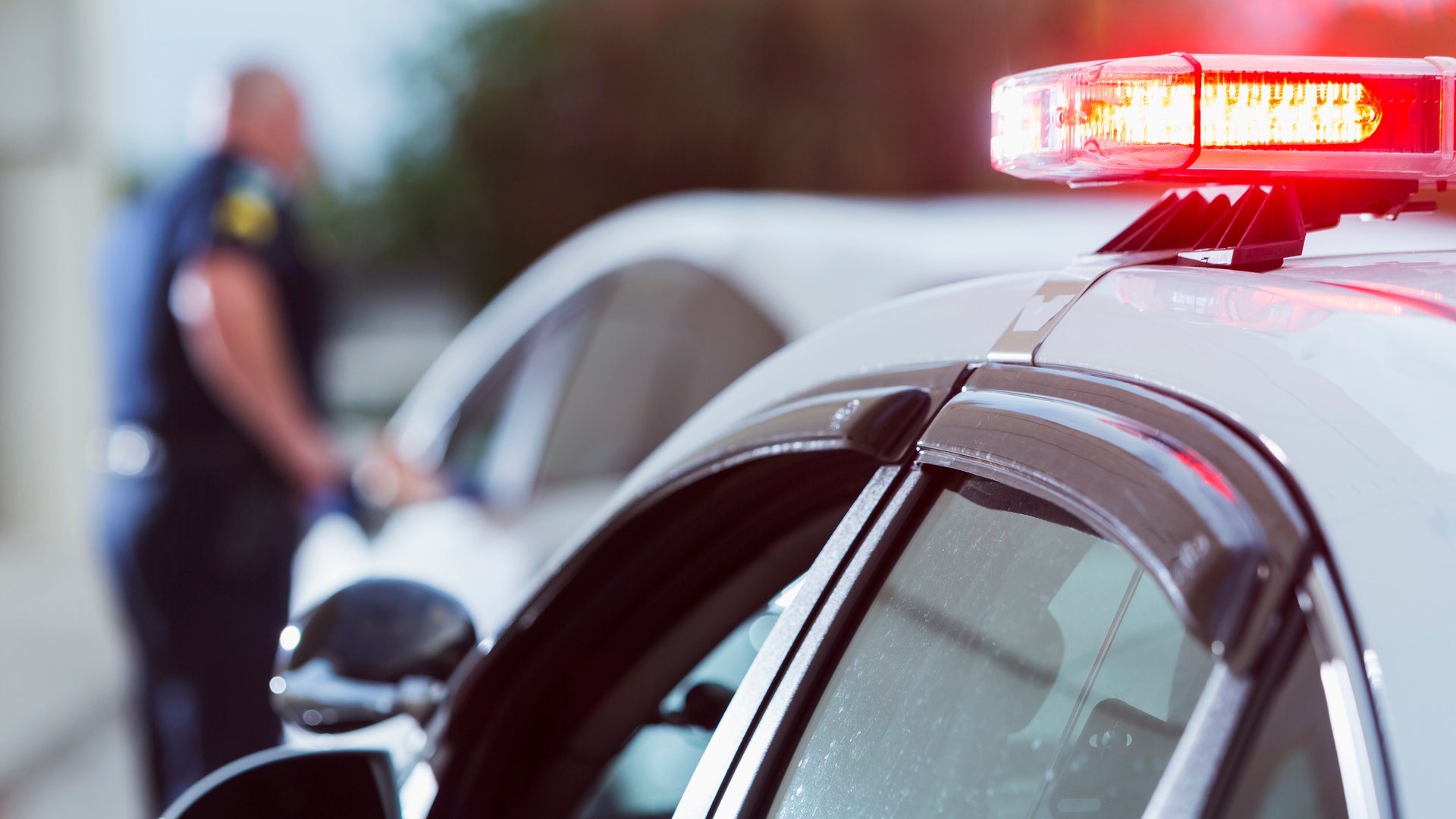

Relevant & Important Information About Personal Injury Law So You Can Be In The Know


It is uncommon, but people can be hurt in police custody. People can suffer injuries:
Those injuries may be sustained because of:
No matter how someone is injured, it is essential to know the law to decide if you have a case and, if so, what you should do. In this article we will focus on unlawful police action. Unlawful action resulting in injury violates a person's Constitutional rights.
The United States Department of Justice says: The Department "vigorously investigates and, where the evidence permits, prosecutes allegations of Constitutional violations by law enforcement officers. The Department's investigations most often involve alleged uses of excessive force."
Your status is critical. If you are under arrest or have been detained by an officer, or if you are in jail but not convicted of a crime, then it must be shown that the officer used excessive force. "Excessive force" means the officer used more force than was reasonably necessary either to protect that officer or others, or to restrain the injured party. It is an objective standard, not something that relies on an officer's personal opinion. Reasonableness is what a judge decides how a reasonable officer at the time would act. It may be assumed that a "reasonable officer" would follow police procedures and adhere to police standards. A reasonable officer would:
It is not for nothing that NYC police vehicles have on their doors, "Courtesy Professionalism Respect."
Both the officer and the Department may be liable in a civil or criminal case. A civil case can result in financial compensation and restitution for constitutional rights being violated, physical injury, psychological trauma, loss of income, and other direct results of the injuries. Payment depends on the specific circumstances of the case as a whole. If the officer is convicted of using excessive force, then punitive damages may be awarded.
Winning any case, and especially a case against a police officer, takes expert knowledge of both the law and the best way to pursue the case in a court action. If you have been hurt and want advice on what to do and how to proceed, please click this link to contact us for a free initial consultation.

You often hear the stories friends tell about getting pulled over or maybe it was you telling the story. Many people have a general idea of what to do when they get pulled over by an officer, but they don't know what exactly to do. It's similar to as a child you had a general idea of how to drive but you don't know completely until someone teaches it to you. Here are the do's and don't of getting pulled over by an officer:.
No matter how tempting it may seem, ignoring the officer will put you in a precarious situation and can quickly escalate the situation. Turn on your emergency lights and pull over to a safe area. Compliance will provide a good image and this is beneficial to you.
It's common to feel nervous about getting pulled over, but you shouldn't panic. Take deep and slow breaths. Unless you've done something out-rightly criminal, you have nothing to worry about. At most, you'll have to pay a fine and your insurance may go up a bit.
Cops are people too and sometimes they may write you off with only a warning if you are courteous enough. They aren't out to get you like they are commonly misconstrued.
Don't expedite the process by giving your documents before the officer asks for it. They may be prepared to simply give you a warning, but your help can secure your ticket without even giving it a chance.
Once again, officers are human too and being civil is simply common courtesy. Also, if the officer has to give a testament or report in the court, being civil would have helped your case.
The side of the road isn't a place to argue about a charge. Arguing is done in the court in front of a judge.
A citation isn't an admittance of guilt. It simply confirms that you received the citation and agree to either 1) pay a fine or 2) appear in court.
Don't do any unnecessary movements. Officers are just as nervous as you are. If you have a gun, some states require that you inform the officer beforehand. Officers can feel threatened if you are constantly moving or reaching under your seat. Sudden movements are highly discouraged.
Don't ignore the officer and treat the officer as if they were another human, which they are. Being courteous or polite is always beneficial regardless of whether you receive a citation or not and acting civil is also advantageous to you as well. In addition, don't expedite the process and wait until the officer asks for documentation. Unnecessary and sudden movements are highly discouraged. If you find yourself in need of a legal expert or are interested in more information about legal situations, contact us.
On behalf of Smiley & Smiley, LLP posted in Car Accidents on Wednesday, October 16, 2013.
Topic: car accidents, car-accident, compensation, damages, police
On behalf of Smiley & Smiley, LLP posted in Car Accidents on Thursday, October 10, 2013.
On behalf of Smiley & Smiley, LLP posted in Car Accidents on Friday, October 4, 2013.
28 Liberty Street, 6th Floor
New York, NY 10005
As one of the country’s pre-eminent personal injury law firms, Smiley & Smiley LLP has recovered hundreds of millions of dollars in combined compensation for clients since its founding more than 55 years ago.
© Smiley & Smiley, LLP All Rights Reserved.